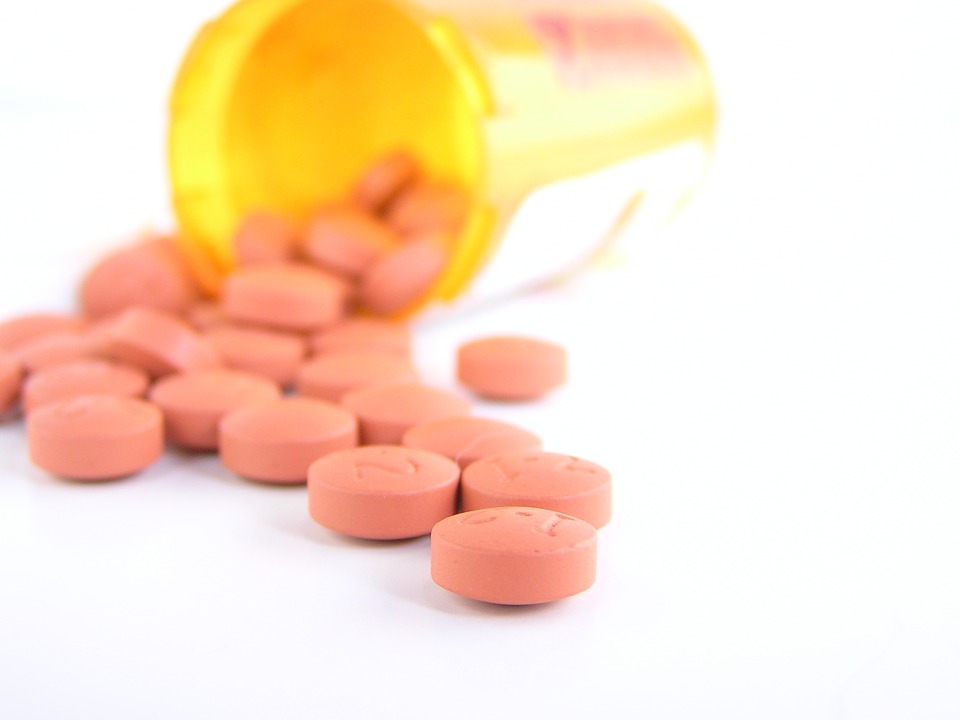
EXPERT REACTION: Coronavirus - Answers to your latest questions on treatments and drugs
We asked you for your burning coronavirus questions. Below are experts answers to some common questions on treatments and drugs
Organisation/s: Queensland University of Technology (QUT), The University of Melbourne, The University of New South Wales, The Australian National University
News for:
Australia
NSW
VIC
ACT
Media contact details for this story are only visible to registered journalists.


Expert Reaction
These comments have been collated by the Science Media Centre to provide a variety of expert perspectives on this issue. Feel free to use these quotes in your stories. Views expressed are the personal opinions of the experts named. They do not represent the views of the SMC or any other organisation unless specifically stated.